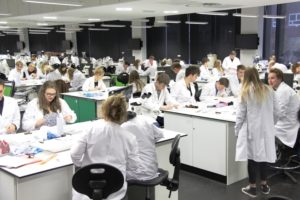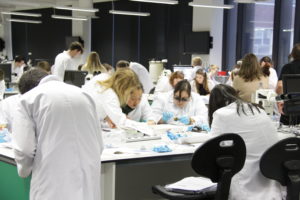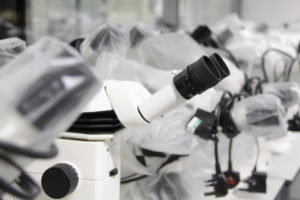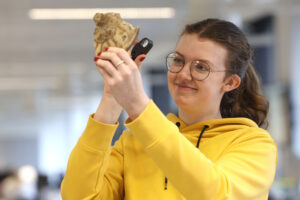How you'll learn
Teaching takes place through a mix of lectures, practical work, workshops, seminars, tutorials and fieldwork, with an emphasis on learning through doing. Students value the learning opportunities provided by field classes, including the rapid and detailed feedback on performance.
You will typically receive 15-20 hours of formal teaching each week, and complete between 50 and 100 days of residential fieldwork over the course of the programme. All research projects are supervised by a member of staff who will meet with you on a weekly, or more frequent, basis.
Field work is carried out in various locations, ranging from inner city to coastal and mountainous environments. We consider applications from prospective students with disabilities on the same basis as all other students, and reasonable adjustments will be considered to address barriers to access.
How you're assessed
Assessment matches the learning objectives for each module and may take the form of written exams, practical laboratory and computer examinations, coursework submissions in the form of essays, scientific papers, briefing notes or lab/field notebooks, reports and portfolios, oral and poster presentations and contributions to group projects, and problem-solving exercises. Assessment is via tasks that mirror those graduate students are likely to undertake working as professional geoscientists. For example, generating and interpreting quantitative spatial data, with appropriate consideration of inherent uncertainty, is a key task and necessary skill for professional environmental geoscientists, and this skill is developed and assessed on several programme modules, especially field and lab-based modules. As well as being authentic in terms of the underlying purpose of the assessed task, assessment tasks are also authentic in terms of format, intended audience, resources used, and collaborative team elements. For example, team-based environmental assessment work with professional format delivery appropriate for presentation to management-level colleagues using state-of-the-art field, lab or IT resources is central to assessments in field classes.
Liverpool Hallmarks
We have a distinctive approach to education, the Liverpool Curriculum Framework, which focuses on research-connected teaching, active learning, and authentic assessment to ensure our students graduate as digitally fluent and confident global citizens.
The Liverpool Curriculum framework sets out our distinctive approach to education. Our teaching staff support our students to develop academic knowledge, skills, and understanding alongside our graduate attributes:
- Digital fluency
- Confidence
- Global citizenship
Our curriculum is characterised by the three Liverpool Hallmarks:
- Research-connected teaching
- Active learning
- Authentic assessment
All this is underpinned by our core value of inclusivity and commitment to providing a curriculum that is accessible to all students.







